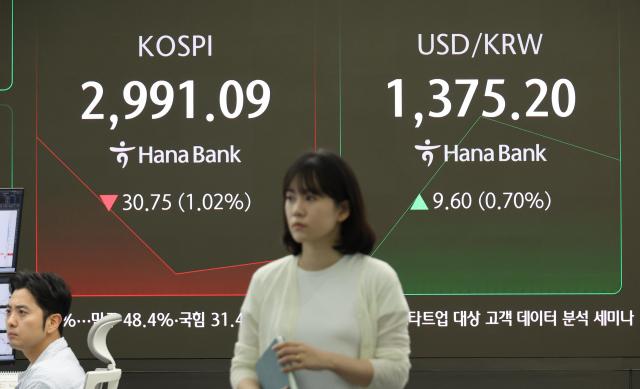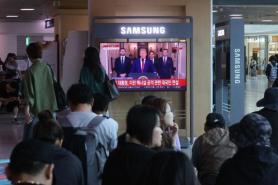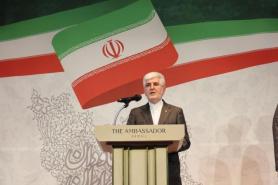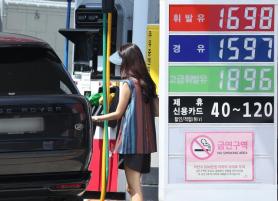
The benchmark KOSPI fell 30.71 points, or 1.02 percent, to 2,991.13 as of 10:31 a.m. in Seoul, slipping back below the key psychological level it had reclaimed on June 20 for the first time in more than three years.
The decline came in the wake of U.S. airstrikes on Iranian nuclear facilities over the weekend, marking a dramatic escalation in the simmering conflict between Washington and Tehran.
The strikes — authorized by U.S. President Donald Trump just days after issuing an ultimatum to Iran — prompted fears of broader regional instability and energy supply disruptions.
Foreign investors were at the forefront of Monday’s sell-off, dumping 358.4 billion won, or about $260 million, worth of shares. Institutional investors followed suit, offloading 522.5 billion won.
Currency markets also reflected the growing unease. The South Korean won weakened sharply, rising 6.5 won, or 0.47 percent, to 1,383.0 per dollar as of 10:47 a.m. The won had opened 9.4 won higher at 1,375.0, extending losses as investors sought refuge in dollar-denominated assets.
Global energy markets were quick to react to the turmoil. West Texas Intermediate crude futures for August delivery jumped 2.60 percent to $75.76 per barrel, driven by fears that Iran’s retaliatory move to close the Strait of Hormuz — a vital conduit for global oil shipments — could choke off supplies.
The renewed volatility underscores South Korea’s economic vulnerability to geopolitical shocks, particularly those threatening the flow of Middle Eastern oil, which accounts for a significant portion of the country’s energy imports.
Analysts warn that sustained disruption in the region could ripple through the broader economy, weighing on corporate earnings, consumer sentiment, and inflation.
Copyright ⓒ Aju Press All rights reserved.




